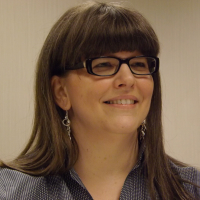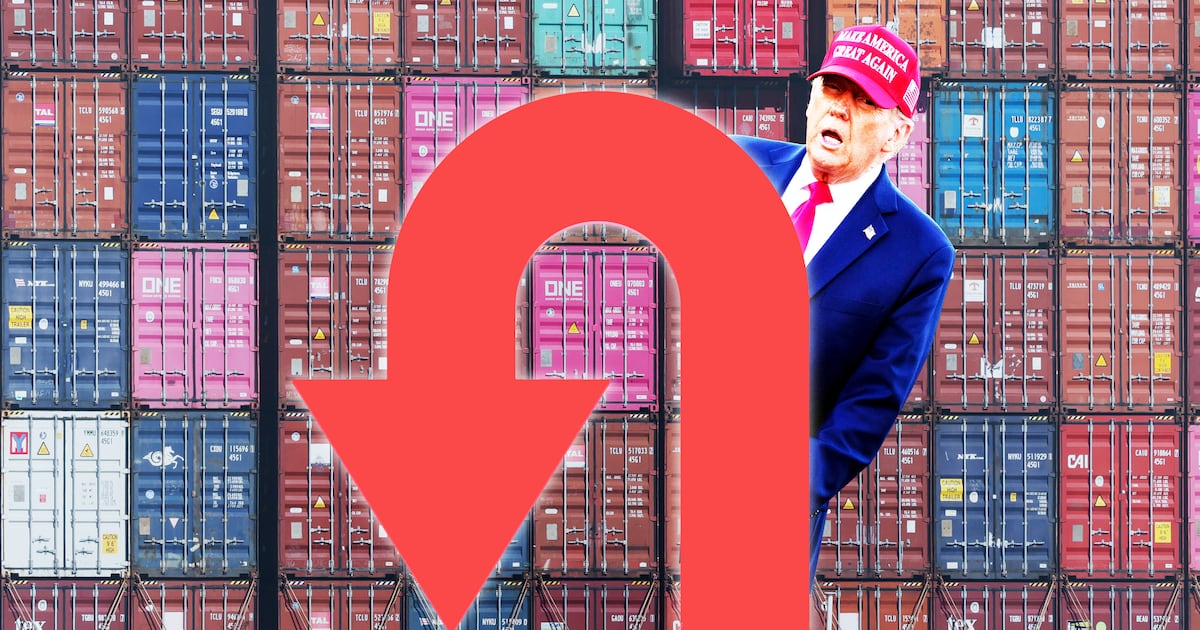The sudden roar of violence in Gaza and southern Israel divides the world in many ways, not least between those who are willing (sometimes quite eager) to criticize Israel, and those for whom love of Israel means a rejection of any and all criticism, ever. Death rains from the sky and the rhetorical fury resumes even as walls shatter and blood spills, and no one listens to anyone.
Or so it can seem. But is that really the only choice? Is it really impossible to both love a place deeply, and criticize it honestly?

I believe the answer is no, that the answer has to be no, because otherwise what we’re talking about isn’t love, but idolatry.
The Israel I love is a real place. It’s not the land of milk and honey, it’s not a place of exceptionally holy people, it’s not the “monumentally fictional” place (as HaAretz columnist Bradley Burston put it) described by Leon Uris and embroidered by decades of Diaspora dreams.
It’s a place where you can smell the guava ripening on the trees every fall, and labor strikes are a dime a dozen. A place where an expansive Hebrew culture combines Biblical cadences with space-age hip-hop, and fans of the Beitar Yerushalyim soccer club are as likely to chant “Death to Arabs!” as they are to chant “Yalla, Beitar!” It’s a place where, in a single year, I was invited to no fewer than eleven Seders, a place where I was not infrequently called an “Arab f**ker” for supporting the two-state solution.
It’s a place of erudition and ineptitude, a place of glory and folly. It’s a human place.
And even as all humans perform acts of kindness and beauty, so also do all humans do foolish things, self-destructive things. And no human or human enterprise is ever so perfect that it may not be criticized.
This most recent return of hostilities has, as they say, many fathers. We’re right to say that Israelis shouldn’t have to duck and run, hold their children in fear, shape their lives around the terrifying sounds of sirens and falling rockets. We’re right to say that any Israeli casualties, such as the three innocent civilians killed in Kiryat Malachi today, are too many, and that Israel has a duty to defend its citizens from violent actions. Those who fire rockets into Israel’s south, those who wink and nod and let it happen, those who fund it—they all share responsibility for the violence and the deaths.
But they’re not alone, and it’s not an act of betrayal to say it.
The cycle of violence between Israel and Gaza goes back, and back, and back, to 1967. There’s always a reason to seek revenge, always an event that can justify retaliation. The constant argument over who started “the latest round” is pointless and frankly cruel, because it presumes that one side’s suffering is more meaningful than the other’s: It’s okay that I fired deadly projectiles into your residential streets, because your guys killed some of mine, and I deserve the last word. The last kill. That’s the way war is everywhere—why would it be any different when the humans conducting it are Israelis and Palestinians?
And so yes, when Israel decides that now’s the time to assassinate the head of Hamas’s military wing (a man who, until this weekend, served as something of a “subcontractor, in charge of maintaining Israel's security in Gaza,” according to Israeli journalist Aluf Benn)—Israel is also responsible. When the IDF’s “surgical strikes” kill not only their targets but also civilians, including a 19 year old pregnant woman, a 7 year old girl, and an 11 month old baby, it’s also responsible. If the husband or the brothers and sisters are filled with rage and want to strike a blow for their people and their grief—can we not understand? Can we not say that we would feel the same? That we do feel the same? And would we really care who had started “the latest round”?
The single biggest difference between the two sides of the current Israeli-Gazan hostilities comes down to one word: Power.
Gazan militants (not all of them Hamas—indeed, most of them not) launch rockets from within a tiny strip of land that is physically penned in on all sides by Israel (save for one small crossing with Egypt)—when Israel retaliates, 1.7 million Gazans literally cannot even run away. On the other hand, Israel is a military super power, with battleships off the coast of Gaza, jet fighters in her airspace, and the unstinting support of the world’s most powerful nation.
I love Israel. It’s my home in a way that no other place—including the suburban American idyll in which I write these words—can ever be. I miss it with an ache every day of my life, and I fear for the family I have in the Negev, where Palestinian rockets land.
But I refuse to let that love, that longing, or that fear blind me to Israel’s essential humanity.
Israel is a party to this madness. Israel is one of its authors. And the power that Israel wields is almost incalculably greater than that of the Palestinians it fights. We can say that, we can call Israel to account for its actions, even as we love it, even as we fear for our loved ones.
As Israeli columnist Larry Derfner wrote on Tuesday: “There is a proven road to security for the people of the Negev—a total end to Israeli rule over the people who are shooting at them.”
And saying so out loud is not an act of disloyalty. It’s an act of love.





